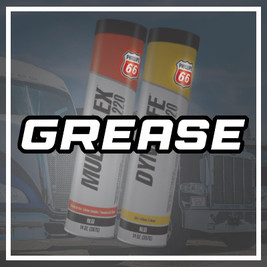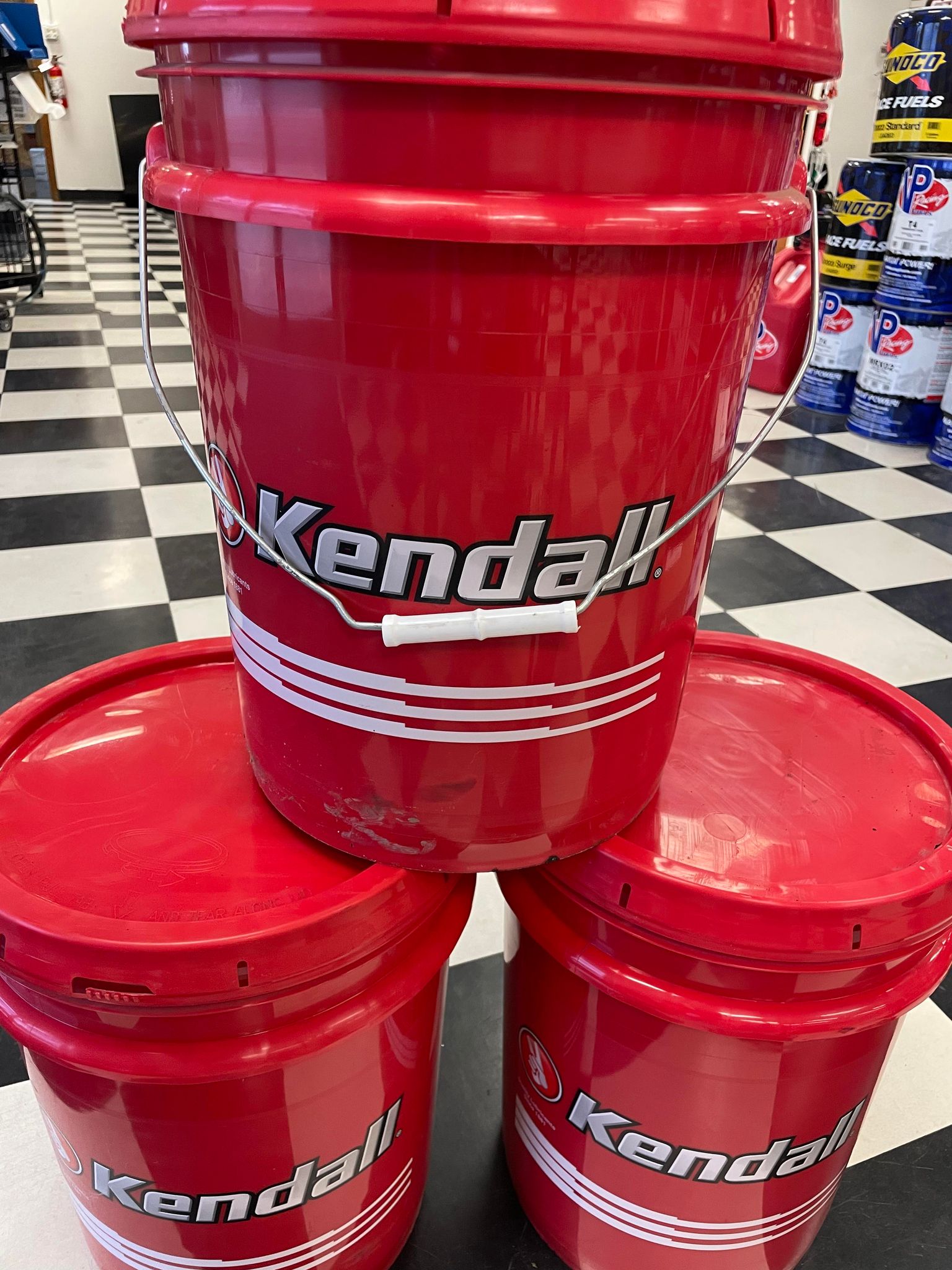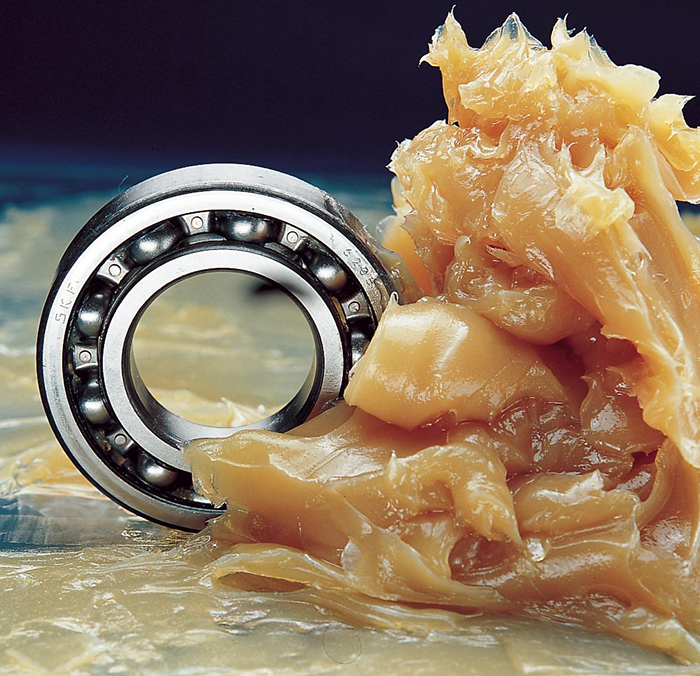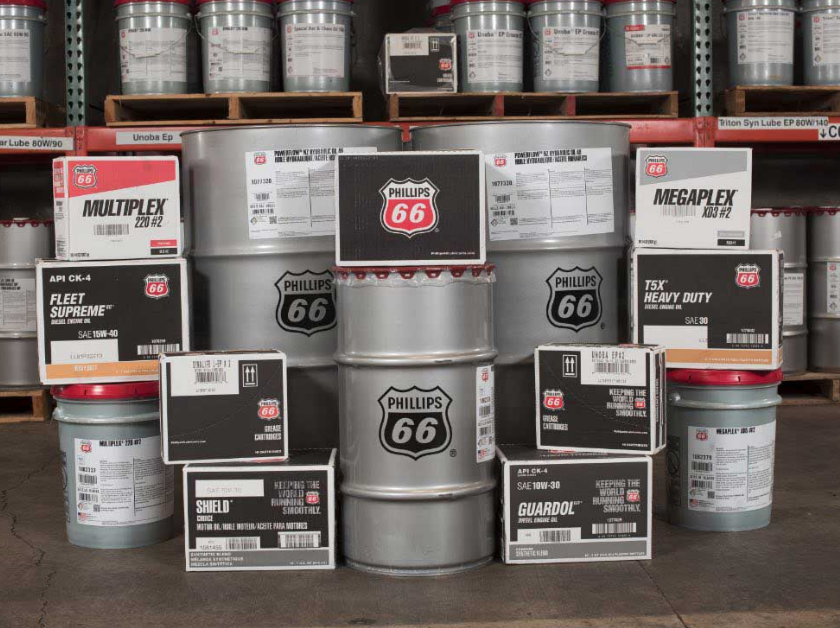Everything You Need to Know About Grease
Grease is a viscous substance that is commonly used in different types of machinery and equipment to prevent friction and wear, protect against corrosion, and improve overall performance. However, not all greases are the same, and using the wrong type can lead to poor results and even equipment failure. In this post, we will cover everything you need to know about grease, including its composition, types, and applications.
- Grease is a lubricant made from a mineral or vegetable oil, thickening agent (e.g. soap), and additives
- The type of oil and soap determine the specific properties of the grease
- Base oils are categorized by ISO rating e.g. ISO 100-1500
- Thickening agents are metallic soaps such as lithium, aluminum, sodium, or calcium
- Additives include rust inhibitors, anti-wear agents, friction reducers, waxes, esters etc
- Types 1-4 indicate consistency thickness e.g. Type 1 = tomato paste
- Specialty greases include anti-seize, assembly lube and dielectric grease
- Common general purpose greases: MP (Multi-purpose), EP (Extreme Pressure), GP (General Purpose)
- Lithium and high temperature wheel bearing grease suitable for wheel bearings/CV joints/chassis components
- Marine grease used for heavy loads such as trailer wheel bearings/hitches
Base Oils and ISO Ratings:
The base oil is the main component of grease, and it determines its lubricating properties. Different types of base oils are used in grease, such as mineral oil, polyalphaolefin (PAO), synthetic hydrocarbons, and esters. The most common base oil in general purpose greases is mineral oil.
The ISO rating is a numeric value that determines the range of viscosity of the grease. The ISO grading scale is used to rate the thickness of the grease. The viscosity of grease affects its ability to flow, cling, and stay in place. Getting the right ISO rating is essential in selecting the appropriate grease for particular applications. Some common example is Phillips 66 220 Mulitplex, Phillips 66 600 Omniguard.
Thickening Agents and Additives:
Thickening agents are used to increase the viscosity of the base oil. These agents are metallic soaps that come in different types such as lithium, aluminum, sodium, and calcium. Thickening agents improve the grease's ability to resist deformation and maintain dimensional stability.
Additives are also incorporated into grease to improve its performance under different conditions. Some of the most common additives added to grease include rust inhibitors, anti-wear agents, friction reducers, waxes, and esters. Additives enhance the properties of the grease and prevent equipment damage.
Grease Consistency Types:
Grease consistency is determined by ratings that range from 1 to 4. Each rating signifies a specific consistency level. Grease consistency directly affects the performance of the lubricant in different applications. For example, consistency rating 1 is the thinnest, while consistency rating 4 is the thickest. For example, consistency rating 1 is suitable for central lubrication systems, and consistency rating 4 is appropriate for severe applications such as open gears. One of the most popular greases consistency is #2.
Specialty Greases:
Specialty greases are used for particular applications such as anti-seize, assembly lube, and dielectric grease. They have unique properties that make them suitable for specific functions. For instance, the anti-seize grease has additives that prevent seizing, rust, and corrosion. Assembly lube is used for startups, as it protects engine components during initial rotations before the oil reaches the engine. Dielectric grease is a synthetic, non-conductive grease that is used in electrical parts to prevent corrosion and ensure effective conductivity.
General Purpose Greases:
General purpose greases are the most commonly used in machinery. They come in three main types - MP, EP, and GP. MP (multi-purpose) greases are designed for low to moderate stress applications and can be used in various machinery. EP (extreme pressure) greases are intended for heavy load applications, such as gears, slides, and bearings, and they offer excellent protection against wear. GP (general-purpose) greases are suitable for moderate stress applications and are commonly used for chassis fittings.
High Temperature and Marine Greases:
High-temperature greases offer protection on parts exposed to high heat such as wheel bearings and disk brakes. They have high dropping points of above 500 F, making them ideal for heavy loads such as CV joints and chassis components. The marine grease is designed to resist water and salt corrosion typical in marine conditions. This grease is suitable for heavy loads, such as trailer wheel bearings and hitches.
Grease is an essential component in machinery maintenance and improving overall performance. To achieve the best results in your machinery, getting the right type of grease, based on the application needs, is essential. Always choose the correct consistency, base oils, additives, and specialty grease suitable for your machinery. A clear knowledge of the different types of grease will save you from costly repairs and maintenance.
Recent Posts
-
Upgrade Your Motorcycle's Comfort and Style with Saddlemen Step-Up Seats
Upgrade Your Motorcycle's Comfort and Style with Saddlemen Step-Up SeatsRiding your motorcycle shoul …Jan 23rd 2024 -
How to Set Dirt Bike Sag - The Ultimate Guide
How to Set Dirt Bike Sag - The Ultimate GuideDirt bikes have unique suspension systems that allow th …Jan 22nd 2024 -
The Ultimate Guide to Must-Have Accessories for Your Harley Street Glide
The Ultimate Guide to Must-Have Accessories for Your Harley Street GlideHarley-Davidson's Street Gli …Jan 18th 2024







